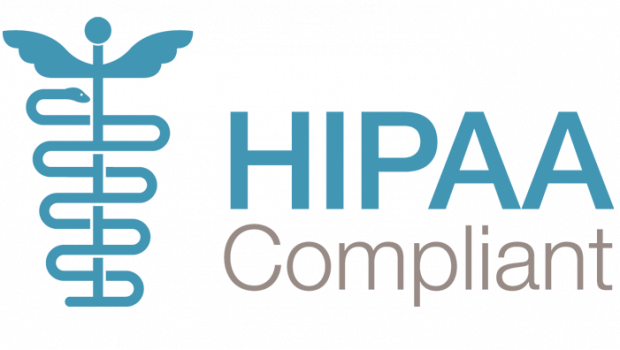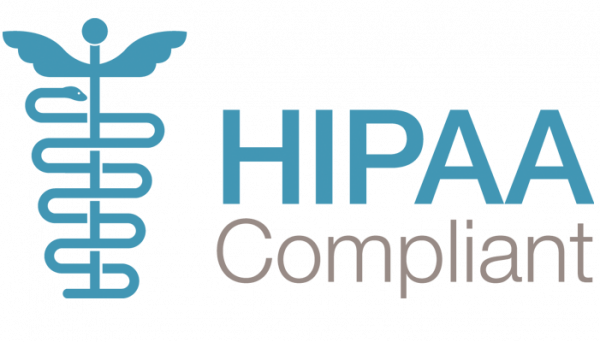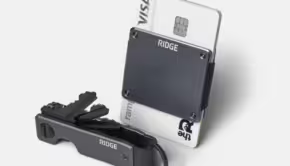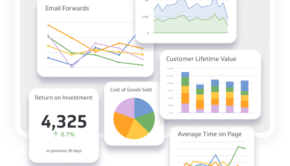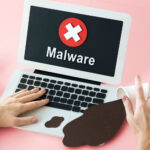5 Tips to Make Sure Your Business is HIPAA-Compliant
Getting your information leaked is a lot more dangerous than considered by an ordinary person. It can be misused; the stealer has your information, and he can manipulate your life in any way he wants. Many cases of blackmailing, bank robbery, etc. have been recorded and in some cases, it can lead to even suicide. The worse thing about getting your data hacked is that you can never tell that your information is seen by someone else unless and until it is used in any situation by anyone.
Sometimes, you do not even know where your data has been stored. Like every country has maintained its citizen’s information about his medical activities, his bank activities, his legal activities and all the bio-data from birth till death.
Healthcare Insurance Portability and Accountability Act (HIPAA) tends to make sure all your data is secure. HIPAA compliance is very important. With the excessive use of technology, it has become easier to flourish your business, but it is a lot difficult to keep your information private. However, you must ensure that you have checked the HIPAA Compliance Checklist and meeting the requirements. Here are some steps which you can consider and make your data more secure.
Secure transfer
While doing business, it is evident that a lot of data is going to be exchanged among the employees. From the previous case studies, the primary technique used for the hacking of information is picked it up halfway, while it is being transferred to someone else. It is a bit tricky to break all the security system in one’s system and then copy the information, but while the data is in transferred it is easy to change its destination. Make sure that the mean is used for the transfer of data is trusted. Usually, data is transferred using WAN or cable connections, whatever you choose, make sure that it is highly encrypted and cannot be picked up by any hacker.
Data backup
Computers may replace the hand-written file system, but it has also increased the risk of losing the data. Whether your data is highly confidential or not, it is always recommended to keep a backup. In case, your computer has an error, or it has adapted to a virus, which erases all your files, you should have your data stored other than your organization’s site. Make sure that your organization has all the right tools to keep a backup and recovery.
Password
It is the most common and useful technique used to secure your data. Unique keys and passwords are assigned to the employees who can have access. Now a day, encrypted cards are used for this purpose, instead of telling the passcode individually to every employee, cards are given to them. For allowing the access, these cards are scanned.
Security software’s
The software production companies have made an immense improvement in securing the data and files. They keep launching different security software, which is readily available on the internet and stores. It is better to use the original version than to use the pirated one. They also launch the software updates now and then. When we talk about security software, it is usually considered that they are anti-viruses, document scanners and ad blockers but for highly confidential data it is essential to keep the security high as well. A Unified Threat Management (UTM) is recommended for such situation; it has been tested and proven to be working correctly. Moreover, these are used by every major organization.
Professionalism
The best case to ask the IT specialist to check for your security. An IT professional will increase your security as well as check it for any in convincing in the future.

